Black Mustard: The Bold Spice That’s More Than Just Heat
Table of Contents
- Introduction
- What Is Black Mustard?
- Culinary Uses You Can Try at Home
- The Health Perks of This Tiny Seed
- Pro Tip: Dry Roasting for Maximum Flavor
- How to Use Black Mustard in Everyday Dishes
- Storing Your Spices Like a Pro
- Black Mustard vs. Its Cousins – A Side-by-Side Comparison
- Final Thoughts
Introduction: The Unsung Hero of the Spice Rack
Let’s talk about black mustard, shall we? It’s the spice that shows up uninvited to your dinner party, takes one bite of your curry, and says, “Eh, needs more kick.” And you know what? It’s right.
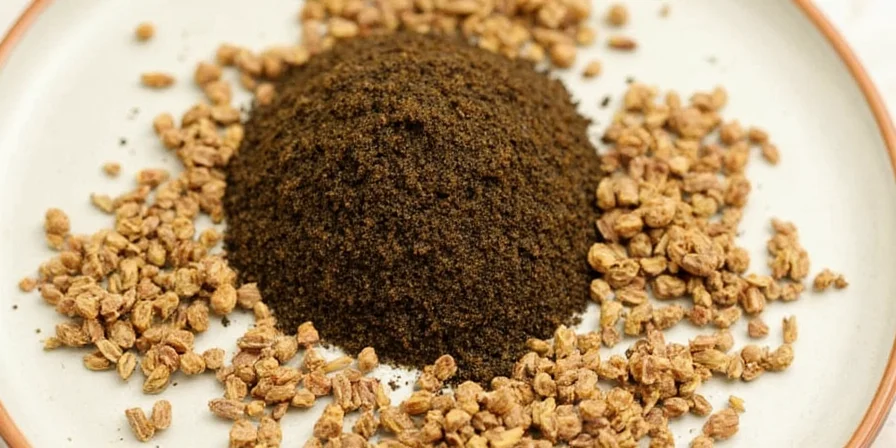
If you’re not yet best friends with this bold little seed, you should be. Whether you’re cooking South Indian pickles or adding depth to your homemade sauerkraut, black mustard is your culinary wingman — if wingmen were spicy and came in tiny seed form.
What Is Black Mustard?
Black mustard, scientifically known as Brassica nigra, is a flowering plant cultivated for its small dark seeds. Native to the Mediterranean region, it’s been used for centuries in both culinary and medicinal applications across the globe — from ancient Rome to modern-day Kerala kitchens.
Compared to yellow (white) mustard (Brassica hirta) and brown mustard (Brassica juncea), black mustard packs the most punch. Its flavor profile can be described as intense, earthy, nutty, and fiery — perfect for those who like their meals to have a bit of an attitude.
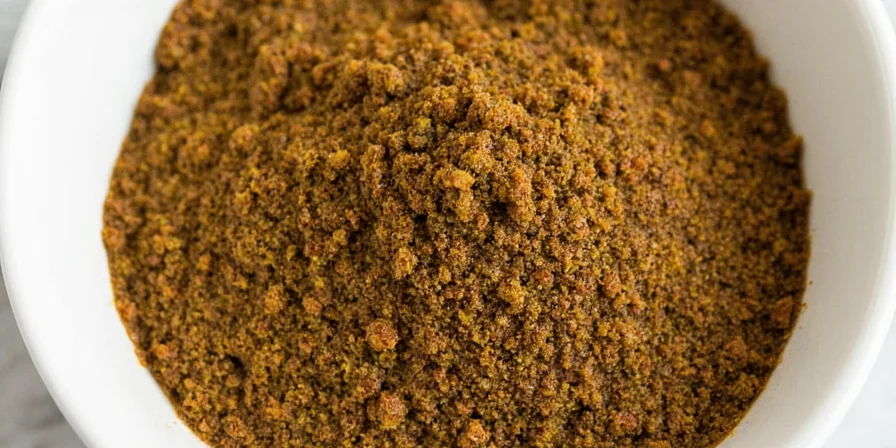
Culinary Uses You Can Try at Home
Here’s the thing: black mustard isn’t just for tempering (tadka). Here are some creative ways to use it:
- Tadka Magic: Fry whole seeds in oil until they pop for a classic tempering base.
- Dry Roast & Grind: Toast them gently and grind into a powder for rubs or marinades.
- Pickling Power: Add to vinegar-based pickles for a zesty twist.
- Homemade Mustard Paste: Mix ground black mustard with water, vinegar, and a touch of honey for a custom condiment.
- Spiced Oils: Infuse oils by lightly heating seeds and letting them steep overnight.
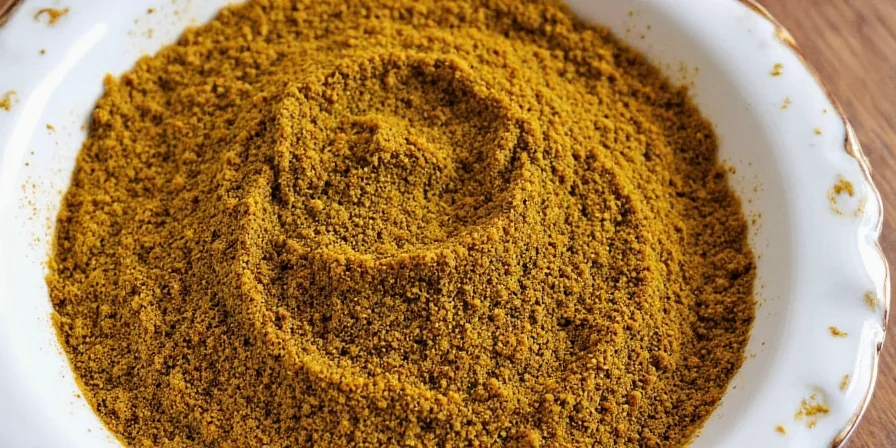
The Health Perks of This Tiny Seed
Not only does black mustard add flair to your food, but it also brings health benefits to the table:
| Nutrient | Benefit |
|---|---|
| Vitamin B Complex | Supports energy metabolism |
| Magnesium | Helps with muscle relaxation and bone health |
| Omega-3 Fatty Acids | Anti-inflammatory properties |
| Antioxidants | Protects against cellular damage |
| Fiber | Aids digestion |
Pro Tip: Dry Roasting for Maximum Flavor
Want to unlock the full potential of black mustard? Dry roast it. Here's how:
- Grab a pan — cast iron works best for even heat distribution.
- Add mustard seeds (no oil needed).
- Heat on medium-low and stir constantly.
- When you hear a few pops, remove from heat immediately — don’t let them burn!
- Grind or use whole in your dish.
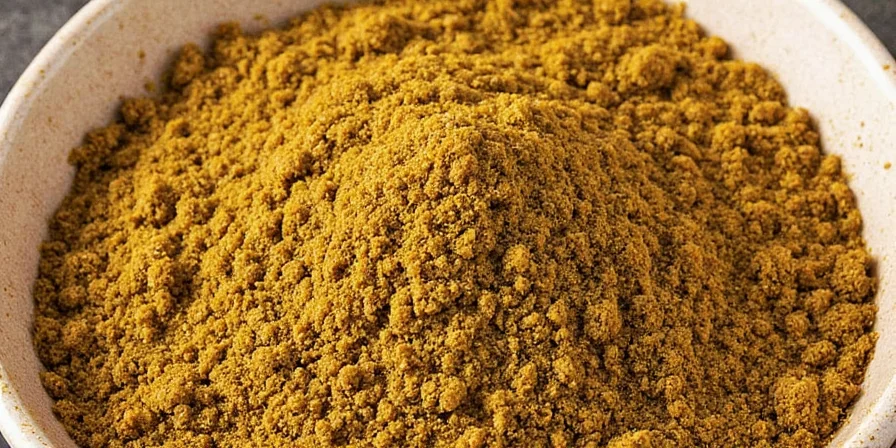
How to Use Black Mustard in Everyday Dishes
Ready to upgrade your meal game? Try these simple recipes that highlight black mustard’s versatility:
- Mustard Tempered Lentils: Add toasted mustard seeds to dal before simmering.
- Spiced Popcorn: Toss freshly popped popcorn with melted butter and a pinch of ground mustard.
- Sauteed Greens Boost: Temper mustard seeds in olive oil before sautéing kale or spinach.
- Meat Rub: Combine crushed mustard seeds with smoked paprika, salt, and pepper for a smoky-savory rub.
- Bread Crumbs With Bite: Mix finely ground black mustard into panko breadcrumbs before frying fish or chicken.
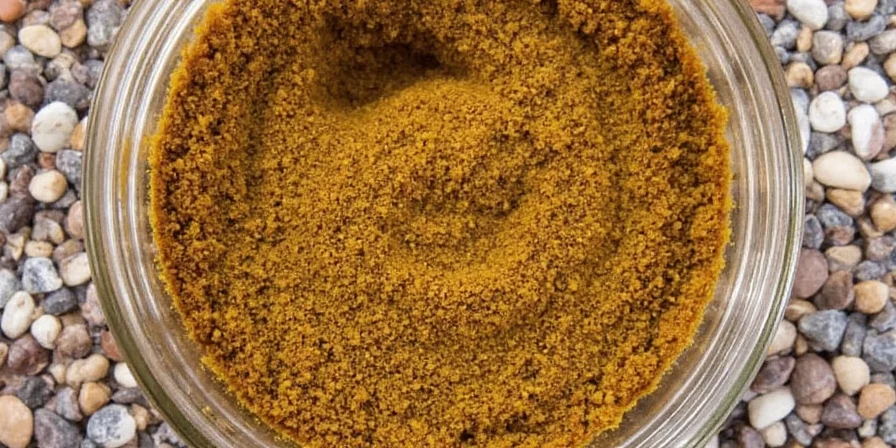
Storing Your Spices Like a Pro
Got a fresh stash of black mustard seeds or powder? Store them right to keep the flavor locked in:
- Whole Seeds: Keep in a cool, dark place in an airtight container — they’ll last up to 3 years.
- Ground Mustard: Keeps for about 6–12 months; store in fridge for longer shelf life.
- Homemade Mustard Paste: Refrigerate and use within a week or freeze in ice cube trays for easy access.
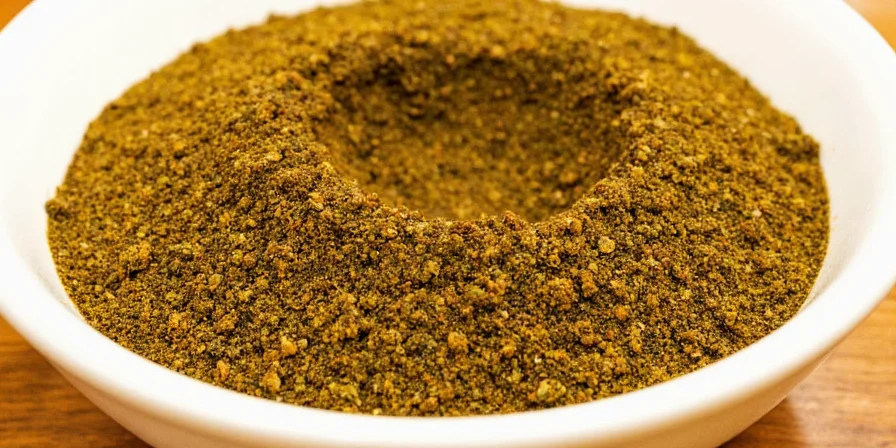
Black Mustard vs. Its Cousins – A Side-by-Side Comparison
Confused between all the mustards? Let’s break it down:
| Type | Flavor Intensity | Color | Common Uses | Best For |
|---|---|---|---|---|
| Black Mustard | High | Dark Brown to Black | Tadka, Pickles, Whole Seed Marinades | Strong, aromatic dishes |
| Brown Mustard | Medium-High | Dark Brown | Dijon Mustard, Sauces | Homemade mustards |
| White/Yellow Mustard | Low-Medium | Yellow | Classic Yellow Mustard, American Hot Dogs | Mild flavor profiles |
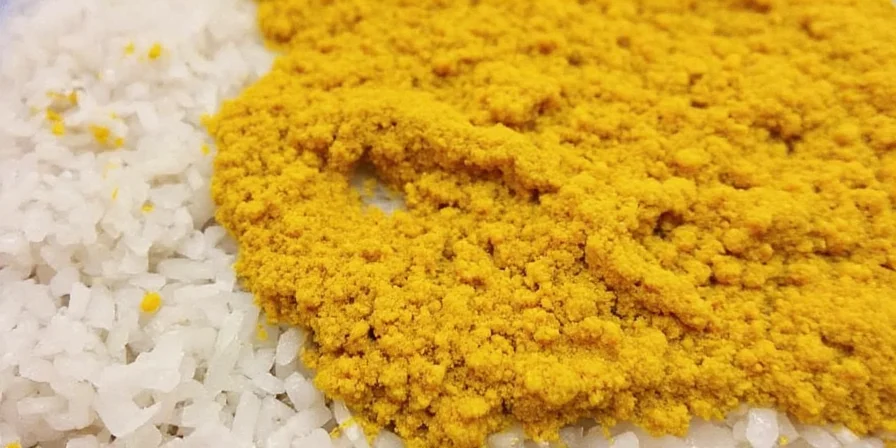
Final Thoughts: Why Black Mustard Deserves a Spot on Your Shelf
Black mustard might be small, but it’s mighty. From its deep, complex flavor to its surprising health benefits, it’s a spice worth getting to know. So next time you're in the kitchen, give this humble seed a chance to shine — your taste buds will thank you.
And remember: when in doubt, toast first, ask questions later.
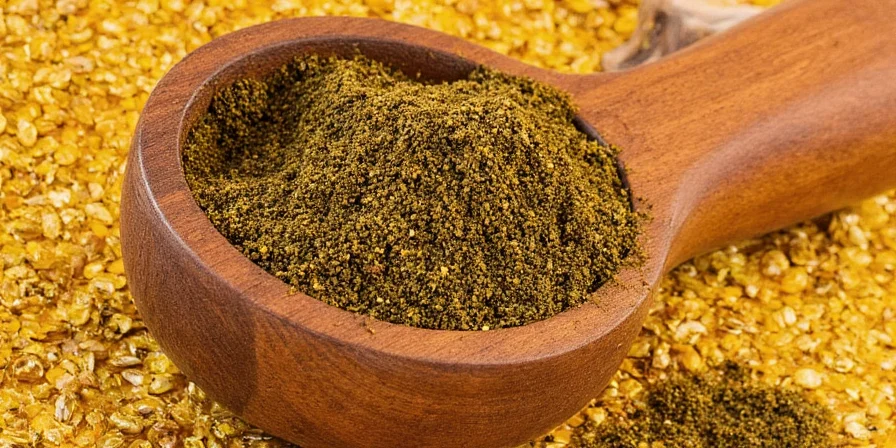










 浙公网安备
33010002000092号
浙公网安备
33010002000092号 浙B2-20120091-4
浙B2-20120091-4